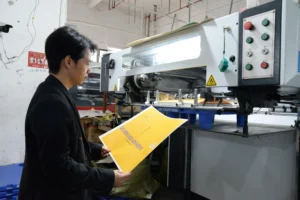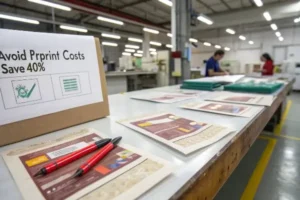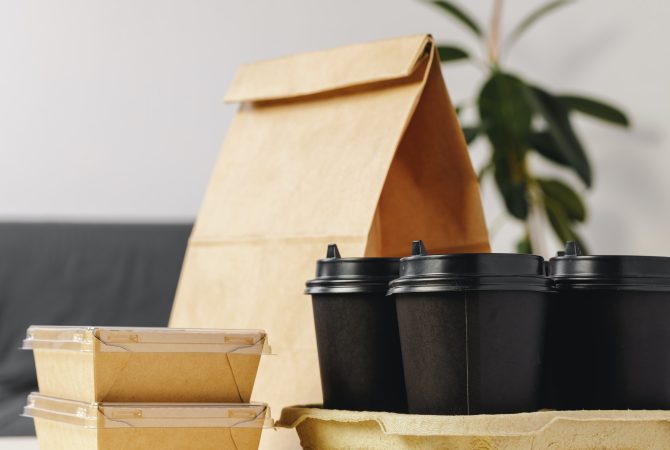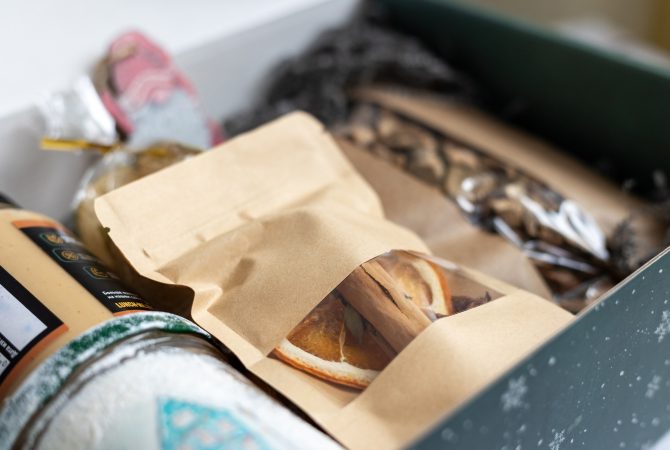What’s the worst that could happen if you skip sample proofing? Let me tell you—it’s more than just a wrong color or typo.
Sample proofing is a preliminary step where a physical prototype is reviewed before mass production. This catches errors in color, layout, and text, saving costs and reducing risks. Avoid skipping this step to protect your budget and reputation.
https://www.instagram.com/reel/DIN5Rr4TyR5/?utm_source=ig_web_copy_link&igsh=MzRlODBiNWFlZA==
Over 15 years of printing apparel packaging taught me this lesson over and over: small details turn into big problems if unchecked. Let’s dig deeper.
What is the reason for proofing?
A printer once approved a design without proofing, and the final boxes looked faded. Now that client avoids us. Proofing exists to spot these issues early, like mismatched colors or misaligned logos, before they become costly surprises.
Proofing is critical because it checks print accuracy and materials under real production conditions. Skipping this risks errors that cost more to fix after mass production.
Types of Proofing: Soft vs Hard
| Aspect | Soft Proof | Hard Proof |
|---|---|---|
| Format | Digital (on screen) | Physical sample using final materials |
| Cost | Low or free | Higher, depends on complexity |
| Speed | Fast turnaround | Slower due to setup and printing |
| Accuracy | Moderate, less color-accurate | High, especially in color/material |
| Use Case | Early concept checks | Final sign-off before mass production |
Hard proofs offer the clearest picture of the final product. While they cost more, that investment pays off in peace of mind and quality control.
Common Issues Caught During Proofing
| Problem | What It Looks Like | How Proofing Helps |
|---|---|---|
| Color Inaccuracy | Colors look different than expected | Adjust colors to match brand tones |
| Font Issues | Text shifts or wrong fonts displayed | Embed fonts properly before printing |
| Image Quality | Blurry or pixelated pictures | Replace with high-resolution images |
| Layout Discrepancy | Misaligned elements or uneven spacing | Rework layout before final printing |
Even one small issue, like an image slightly out of place, can throw off the entire look. When you proof, you give yourself the time to catch and fix it.
Deeper Breakdown:
Let’s start with basics: proofing isn’t just a visual check. It’s testing how the design interacts with the machinery. For example, a shirt box might look perfect on screen but print too dull because the inkjet vs. offset difference isn’t considered.
Even minor details matter. Once, a client forgot to convert fonts to outlines, leading to garbled text on their caps boxes. Proofing with real machinery (not just screen previews) reveals such issues.
How does this work? Let’s split into three parts:
- Material testing: How does your design look on recycled paper vs. glossy board?
Example: A wanted “eco-friendly” packaging—only to discover the ink bled into uncoated recycled cardboard, ruining their logo. - Scale checks: Patterns or logos shrink/stretch oddly during printing.
- Workflow testing: We run proofs using exact production settings, not shortcuts. That extra day spent color-matching? Saves a $5k reprint.
Proofing isn’t optional—it’s phase one of quality control, like testing materials before building a house.
How Does Sample Proofing Help Avoid Costly Mistakes?
A client once approved a design, then cried when the final books had miscolored pages. Reprinting cost double the initial cost. That’s why proofing is mandatory for any project valued over $500.
Sample proofing catches color inconsistencies, text alignment errors, or material defects. Addressing these before full production saves up to 40% in potential reprint costs.
Deeper Breakdown:
Here’s where proofing truly proves its value. Let’s break it down with real examples:
1. Color Matching Disasters
- A cosmetics client designed a lipstick box using Pantone 244C.
- Screen preview: Perfect red.
- Proof test with offset printer: Approached orange.
- Fix: Reprinting CMYK instead.
2. Layout Errors
- Clothing labels merged text layers, causing overlapping Chinese characters.
- Proofing revealed readability issues before 5k tags were printed.
3. Material Limitations
- A sneaker box used embossed velvet—proofing showed tactile texture conflicted with the QR code printing.
Numbers talk: My team tracked projects over 10 years. Companies skipping proofing:
- 45% faced color discrepancies
- 62% had layout errors
- 33% incurred extra costs
Proofing acts as a financial firewall. It’s not luxury—it’s math:
| Scenario | Without Proofing | With Proofing |
|---|---|---|
| Average cost savings | $8,200 | $300 |
Now, let’s talk technicalities. So-called “preliminary proofs” often cut corners—printing on cheaper paper or skipping actual machinery runs. This is like tasting appetizers but skipping main dishes—it doesn’t test the real meal.
Our secret? We charge extra for full process proofing but quote it upfront. Clients who skip think they’re saving $200, but risk losing $10k+ correcting mistakes.
This goes beyond money. Mistakes mean delays delivering to stores. For retailers, one week lost to reprints can miss Black Friday windows.
In 2019, a swimwear brand avoided $20k losses by noticing their ocean-themed packaging faded under UV light during proofing’s “extreme condition test.” Nothing ruins summer sales like faded fish designs.
Proofing isn’t just art—it’s risk management. Trust me: I’ve refinanced clients’ delivery trucks to cover botched orders.
Conclusion
Sample proofing is non-negotiable—it spots printing flaws before mass production. Spend the time and budget now to avoid bigger, costlier problems later.








